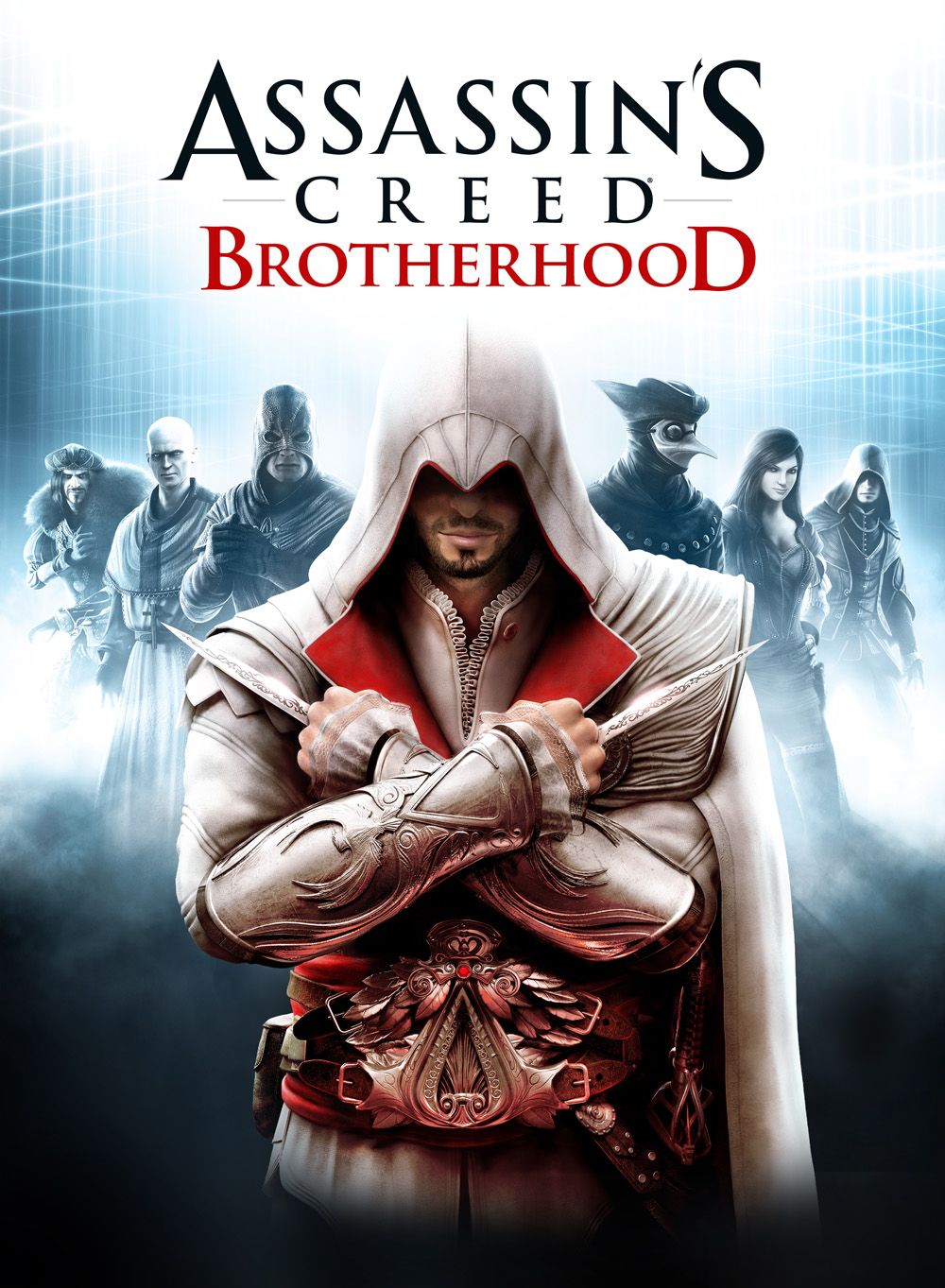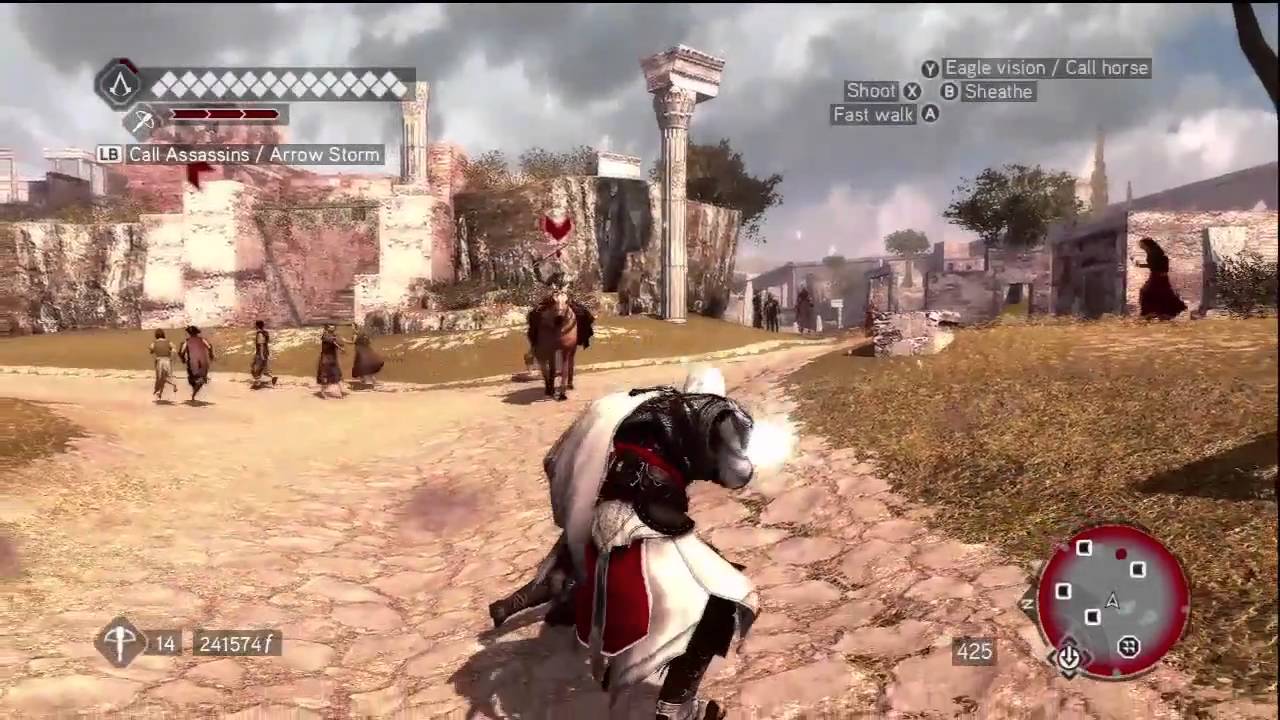


Once they’re brought into the fold, a meta-game opens up that will have you sending them on tasks all across Europe, either alone or in groups. Instead, it’s a rhythmic experience, with surprising variations in animations that always lead to a satisfying conclusion.īrotherhood gets its namesake from another new element found in the game, the ability to recruit novice assassins from among the citizens of Rome. Even with a heavy focus on direct combat, Brotherhood doesn’t play like Bayonetta or God of War. The latter sees Ezio dispatching enemy after enemy in quick and brutal succession, making the player feel like an indomitable badass. Other additions to combat include a hidden pistol and some satisfying chained assassinations. There’s a new kick, for instance, that can be used aggressively to break a tough enemy’s defense. In Brotherhood, silent assassinations are still encouraged, but with an enhanced fighting system, direct confrontation is more viable than ever. It’s all about the open-world exploration of the game’s breathtaking translation of 15th-century Rome, scaling the city’s massive structures with smooth and fast parkour-style movements.

And here’s the kicker, and allow me to completely blow your mind: Brotherhood is, in almost all ways, a better game.Īssassin’s Creed: Brotherhood (PlayStation 3, Xbox 360) Īs far as the core mechanics are concerned, Brotherhood sticks to the formula of the previous titles, with the player once again taking on the role of Assassin’s Creed II’s lead, Ezio Auditore. What Brotherhood is, however, is a deep and rich game experience that builds on the strengths of its predecessor. Instead, it acts more as an epilogue to the story told in Assassin’s Creed II. It’s not a full-blown sequel, either this isn’t Assassin’s Creed 3. Let’s deal with the elephant in the room right now: Assassin’s Creed: Brotherhood isn’t a quick cash-in on last year’s massively successful and (mostly) critically-acclaimed sequel.


 0 kommentar(er)
0 kommentar(er)
